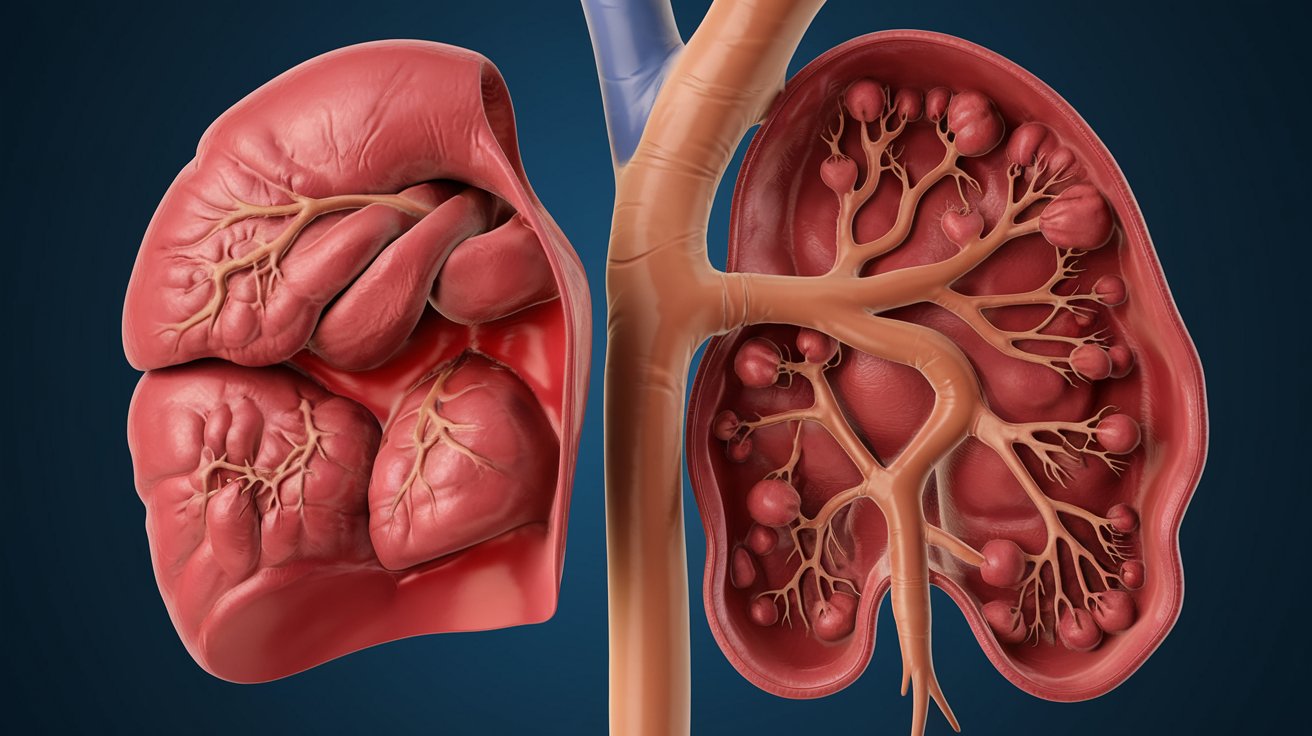
Premenstrual Syndrome (PMS) affects millions of people worldwide, yet many misunderstand it. PMS refers to a group of symptoms that occur in the one to two weeks before a woman's period. These symptoms can range from mild to severe, impacting daily life. Common signs include mood swings, bloating, headaches, and fatigue. Understanding PMS is crucial for managing it effectively. Did you know that over 90% of menstruating women experience some form of PMS? Despite its prevalence, myths and misconceptions abound. This article will shed light on 50 facts about PMS, helping you separate fact from fiction. Whether you're experiencing PMS or supporting someone who is, this guide offers valuable insights.
Key Takeaways:
- PMS affects up to 75% of women and can cause physical discomfort and emotional challenges. Lifestyle changes, natural remedies, and medical help can make a big difference in managing symptoms.
- PMS is not just "in your head" and can impact mental health. Understanding the causes, seeking medical attention when needed, and debunking myths are crucial for overall well-being.
Understanding Premenstrual Syndrome (PMS)
Premenstrual Syndrome, commonly known as PMS, affects many women. It involves a variety of symptoms that occur before menstruation. Let's explore some interesting facts about PMS.
- PMS affects up to 75% of women of reproductive age.
- Symptoms can start as early as adolescence.
- PMS is more common in women in their late 20s to early 40s.
- Symptoms usually appear 1-2 weeks before menstruation.
- PMS can include both physical and emotional symptoms.
Physical Symptoms of PMS
PMS isn't just about mood swings. Many women experience physical discomfort as well. Here are some common physical symptoms.
- Bloating is a frequent complaint.
- Breast tenderness is another common symptom.
- Headaches or migraines can occur.
- Fatigue is often reported.
- Some women experience joint or muscle pain.
Emotional Symptoms of PMS
Emotional symptoms can be just as challenging as physical ones. These can affect daily life and relationships.
- Mood swings are a hallmark of PMS.
- Irritability is commonly reported.
- Anxiety levels can increase.
- Depression or feelings of sadness may occur.
- Some women experience crying spells.
Causes and Risk Factors
Understanding what causes PMS can help in managing it better. Here are some key points about its causes and risk factors.
- Hormonal changes are the primary cause.
- Serotonin levels may also play a role.
- Stress can exacerbate symptoms.
- Poor diet can make symptoms worse.
- Lack of exercise is a contributing factor.
Diagnosis and Treatment
Getting a proper diagnosis is crucial for effective treatment. Here are some facts about diagnosing and treating PMS.
- There is no specific test for PMS.
- Keeping a symptom diary can help in diagnosis.
- Lifestyle changes are often recommended.
- Over-the-counter pain relievers can help.
- Hormonal treatments may be prescribed.
Lifestyle Changes to Manage PMS
Simple lifestyle changes can make a big difference in managing PMS symptoms. Here are some effective strategies.
- Regular exercise can reduce symptoms.
- A balanced diet is essential.
- Reducing caffeine intake can help.
- Adequate sleep is crucial.
- Stress management techniques are beneficial.
Natural Remedies for PMS
Many women prefer natural remedies to manage their symptoms. Here are some popular options.
- Herbal supplements like evening primrose oil can help.
- Calcium and magnesium supplements are beneficial.
- Acupuncture has shown positive results.
- Aromatherapy can be soothing.
- Yoga and meditation are effective.
When to See a Doctor
Sometimes, PMS symptoms can be severe and require medical attention. Here are some signs that it's time to see a doctor.
- Symptoms interfere with daily life.
- Over-the-counter treatments are ineffective.
- Severe depression or anxiety occurs.
- Physical symptoms are unusually intense.
- Symptoms persist despite lifestyle changes.
PMS and Mental Health
PMS can have a significant impact on mental health. Understanding this connection is important for overall well-being.
- PMS can worsen existing mental health conditions.
- Women with a history of depression are more likely to experience severe PMS.
- Cognitive-behavioral therapy (CBT) can be helpful.
- Antidepressants may be prescribed for severe cases.
- Support groups can provide emotional relief.
Myths and Misconceptions
There are many myths surrounding PMS. Let's debunk some of the most common ones.
- PMS is not just "in your head."
- Not all women experience PMS.
- PMS is not the same as PMDD (Premenstrual Dysphoric Disorder).
- PMS symptoms are not always mild.
- Menstrual cramps are not the same as PMS.
Understanding PMS Better
Premenstrual Syndrome, or PMS, affects many women worldwide. Knowing the symptoms and triggers can help manage it better. Common signs include mood swings, cramps, and fatigue. Lifestyle changes like a balanced diet, regular exercise, and adequate sleep can ease these symptoms. Some women find relief with medications or supplements. It's crucial to track your cycle and note any recurring patterns. This helps in predicting and preparing for PMS. If symptoms are severe, consult a healthcare professional. They can provide personalized advice and treatment options. Remember, you're not alone. Many women experience PMS, and support is available. By understanding your body and making informed choices, you can manage PMS more effectively. Stay proactive, stay informed, and take care of yourself.
Frequently Asked Questions
Was this page helpful?
Our commitment to delivering trustworthy and engaging content is at the heart of what we do. Each fact on our site is contributed by real users like you, bringing a wealth of diverse insights and information. To ensure the highest standards of accuracy and reliability, our dedicated editors meticulously review each submission. This process guarantees that the facts we share are not only fascinating but also credible. Trust in our commitment to quality and authenticity as you explore and learn with us.


